Fossil Fuel

After Seizing Venezuela Oil, Trump Quits 66 International Organisations: The Impacts
Scientists, market experts public and private stakeholders argue that Trump's latest moves won't erase climate science. While they will definitely derail the global efforts to tame the climate crisis, the biggest damage would be done to the US, its economy, global stature and relationship with allies.

Proposed Ammonia Co-firing Solutions More Expensive than Renewables
The LCOE for ammonia co-firing exceeds that of renewable electricity, rendering Southeast Asia’s plans economically unfeasible. According to experts, instead of exposing themselves to the financial, environmental and health risks associated with ammonia co-firing, ASEAN nations should prioritise the accelerated deployment of renewable energy.
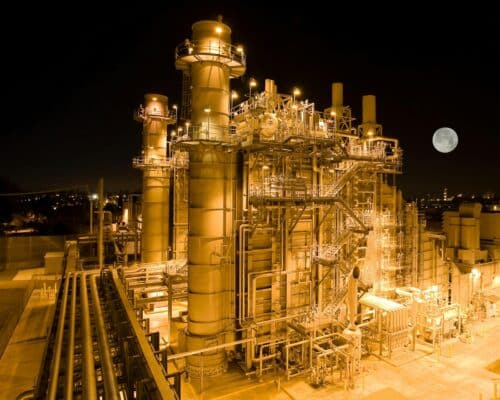
Gas Turbine Shortage in Vietnam and the Philippines
Experts note that delays, exacerbated by global gas turbine shortages, and regulatory and bankability challenges are giving clear market signals to move away from gas projects and scale up renewables and battery storage deployments instead.
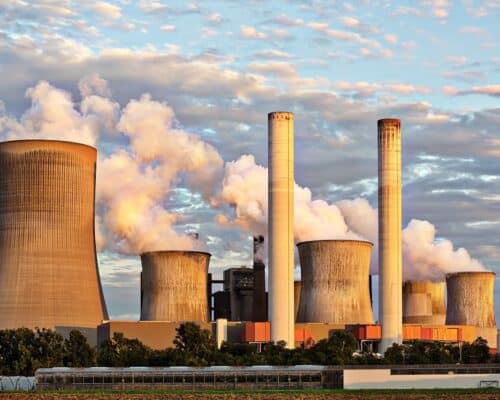
China’s 2035 NDC: Emissions to Drop 7-10%, Analysts Concerned
There are targets, and then there’s reality, and China’s 2035 NDC perfectly embodies this. While the targets are weak, it is hard to imagine that they weren’t set on purpose, just to be broken afterwards — a habit China has demonstrated over the years.

UBS Quits the Net-Zero Banking Alliance: The Consequences
The mass exodus of UBS and other leading banks from the NZBA has made the coalition a thing of the past, sending a clear signal to the market that climate change has become even less of a priority for financial institutions. For Southeast Asia, one of the most climate-vulnerable regions and a hotspot for fossil fuel expansion, this outlook leaves little room for optimism.
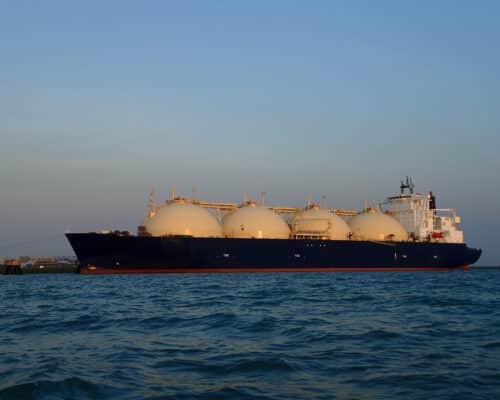
Natural Gas in Australia: A Shrinking Role in a Renewable Era
Australia’s looming gas shortage and the push to expand LNG exports risk locking in a fossil-fuel-heavy path just as renewables and storage capacity rise. A renewables-led transition, supported by grid modernisation and strategic storage, offers a lower-cost, more secure path to energy independence and climate goals. Policymakers face a defining choice: double down on gas or accelerate a diversified, zero-emissions future.
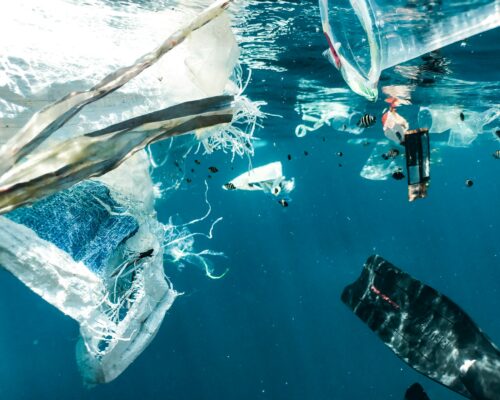
Why Global Plastics Treaty Talks Failed?
The failure of the INC-5.2 Geneva talks highlights how vested interests, particularly petrostates, continue to block meaningful global action on plastic pollution. With plastic production surging—contributing nearly 5% of global emissions—and microplastics infiltrating ecosystems and human health, urgent leadership and policy shifts are critical.
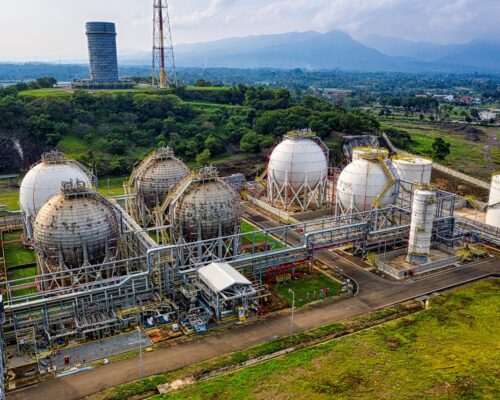
What’s Behind Gas Expansion in Australia – New Report
A new report reveals that Japanese and Korean corporate profits fuel gas expansion in Australia, jeopardising climate goals and posing financial risks. Despite warnings from the IEA that no new gas projects are needed for a net-zero future, Australia continues to expand LNG exports, risking increased emissions and environmental harm while locking in fossil fuel dependence.

What Lawmakers in the Philippines Can Do To Lower Power Prices
While the Philippines has made strides in developing its clean energy market, accelerating the energy transition to levels consistent with a net-zero aligned pathway requires scaling up the build-up of renewables, expanding the power grid and limiting new fossil fuel capacity and imports.
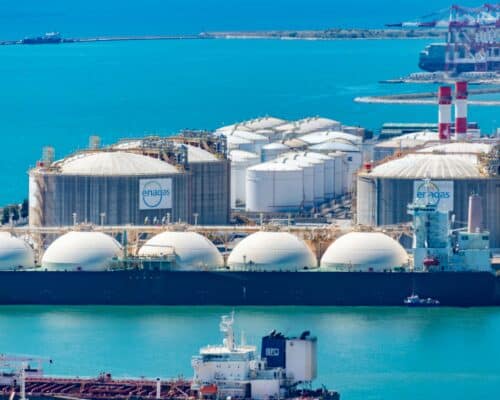
Philippines LNG Imports Costing Households Billions
Experts warn that plans to expand LNG import infrastructure, paired with the volatility of the fuel on global markets, will financially burden the country, as well as significantly increase electricity prices for consumers at times when cheaper, cleaner, renewable energy alternatives remain underutilised and readily available.
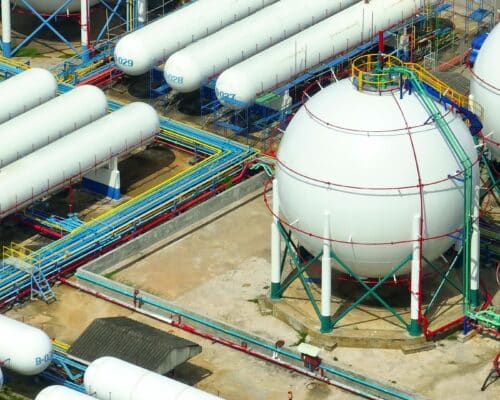
LNG Usage in Southeast Asia Should Be Ending, Not Moving Forward, Experts Claim
LNG does not fit Southeast Asia's energy sector due to price volatility, European arbitrage opportunities swinging supply away from the region, shipping route disruptions and self-serving vested Japanese corporate interests. What's needed is policy-level change. But do countries have the political self-will and determination to make the right decision?
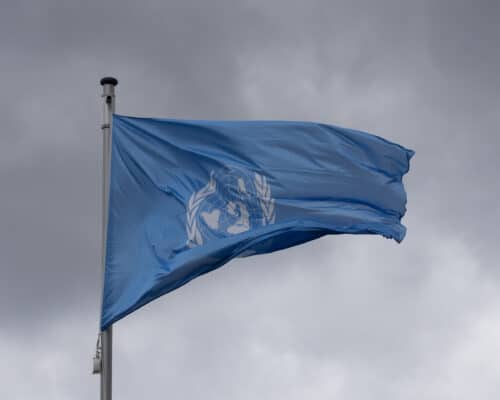
The G7 Summit and the Bonn Climate Conference 2025 Fail to Deliver, Mounting Pressure on COP30
Military conflicts, trade wars and geopolitics distracted attention from the climate crisis at this year's Bonn Conference and G7 Summit. However, as the Paris Agreement marks its tenth anniversary, countries should demonstrate ambition in their NDCs and use COP30 to outline a clear vision for the next and most important decade for global climate action.
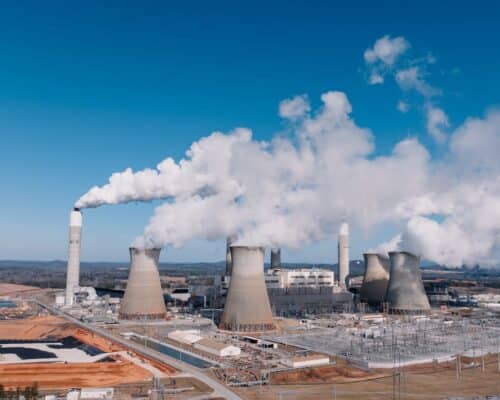
Fossil Fuel Divestment Scorecard: Japan “Dirtiest” Financier
Japanese banks have again emerged as the leading fossil fuel financiers in the region, while Southeast Asian financial institutions also play a prominent role. According to the report’s authors, their actions undermine the food security, biodiversity and health of millions in the region.
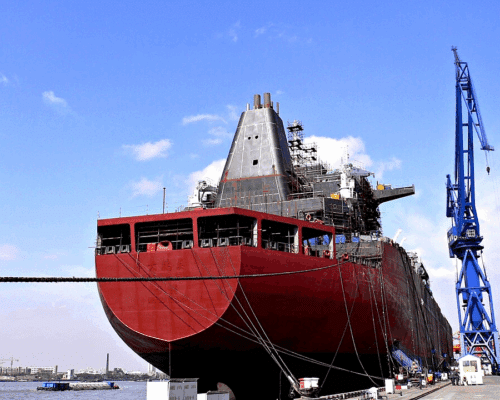
LNG Investments Expand Gas Fleets in Japan, China and South Korea
Despite the urgent need to transition away from fossil fuels, global investments in LNG shipping are soaring, locking in decades of emissions and risking stranded assets. Experts warn that building new LNG carriers is both climate-destructive and economically unsustainable, emphasising the importance of shifting investments toward renewables to meet climate targets and ensure financial stability.
Most Popular
Categories
-
10
-
35
-
126
-
4
-
17
-
46
-
52
-
11
-
10
-
15
-
24
-
6
-
5
-
1
-
6
-
284
-
200
-
17
-
24
-
1
-
1
-
23
-
41
-
44
-
88
-
18
-
86
-
41
-
17
-
11
-
43
-
54
-
86
-
299
-
22
-
44
-
36
-
11
-
42
-
36

